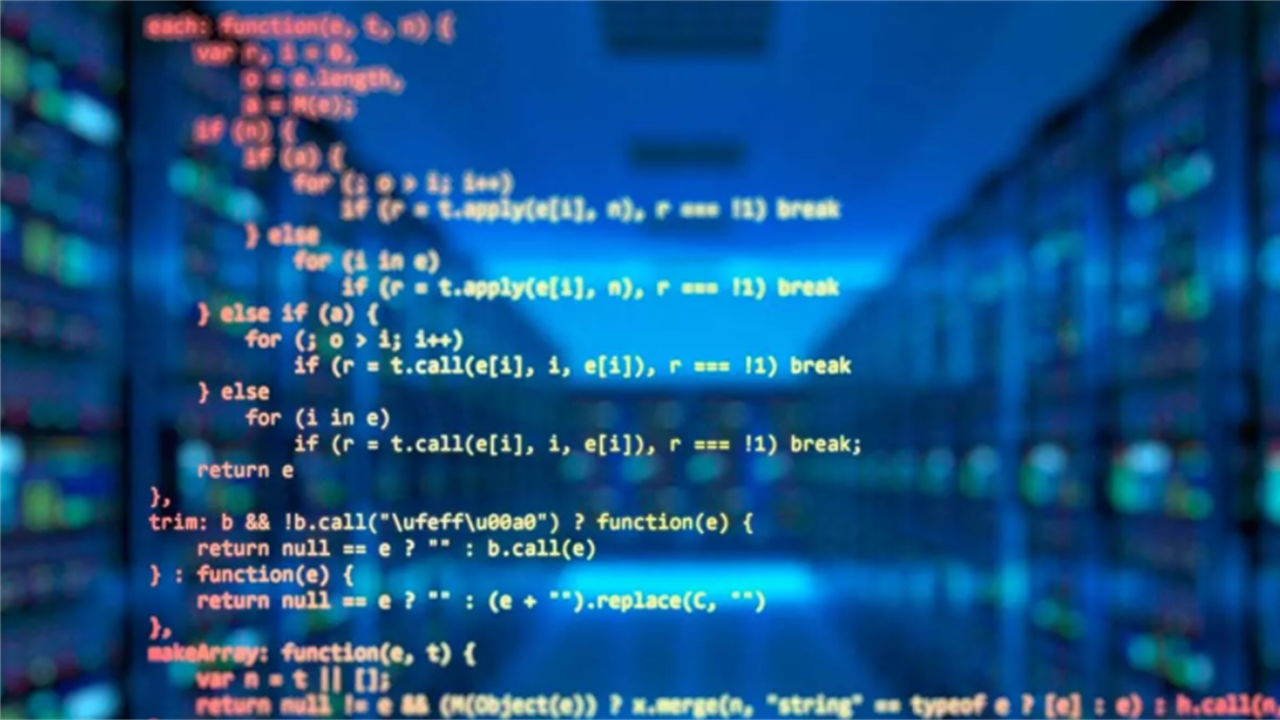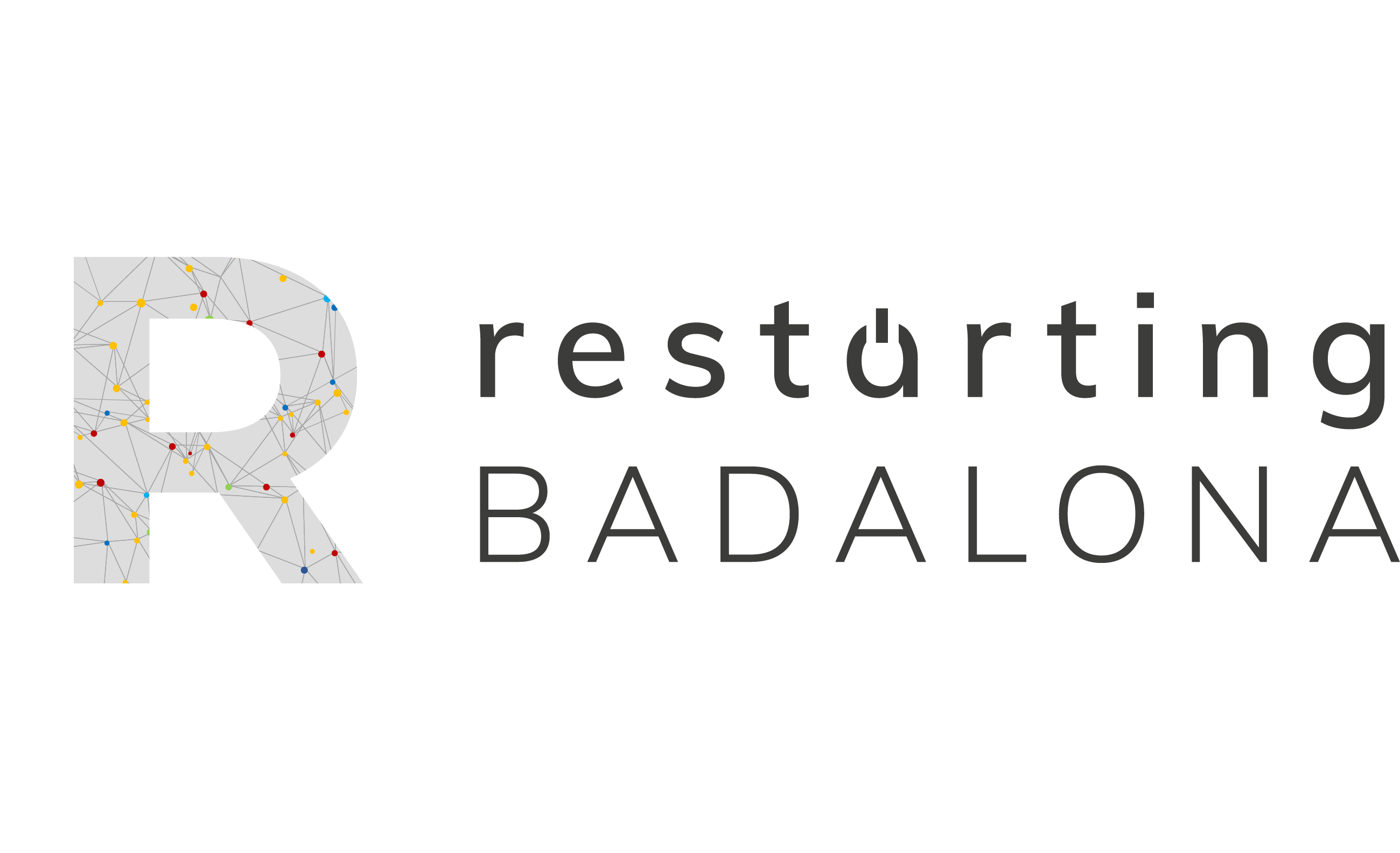
Todo juicio justo necesita un abogado defensor para el acusado, pero hay acusados de según qué delitos que les cuesta dios y ayuda a encontrar un abogado que los defienda. Creo que antes de ir a la universidad nunca había oído la palabra algoritmo. Ahora la oigo todos los días a todo tipo de conversaciones y artículos de opinión, según los cuales los algoritmos son misteriosos seres de una perfidia satánica. No será fácil defenderlos, pero alguien tendrá que intentarlo, aunque el veredicto ya le han adelantado: ¡culpables!
Antes de empezar a programar ordenadores aprendí que, para resolver un problema, existe una forma de pensar y estructurar la solución a partir de una secuencia lógica y finita de pasos, cada uno de los cuales es una acción concreta y bien definida. Un ejemplo cotidiano de esto sería una receta de cocina o el método que nos explican en la escuela para realizar una multiplicación o una división. La algoritmia se utiliza desde hace muchos siglos y es una muy buena herramienta para estructurar la cabeza, es decir, para pensar de forma ordenada a la hora de encarar un problema. Es por este motivo que, en los últimos años, han salido multitud de iniciativas, como code.org, que pretenden introducir la algoritmia a los niños para estimular la creatividad, el pensamiento crítico y el interés por la ciencia y la tecnología con nuevas estrategias educativas.
Casi 200 años después de que Ada Lovelace escribiera el primer algoritmo diseñado para ser ejecutado por un ordenador, ya se puede imaginar cómo han evolucionado las máquinas y los algoritmos que las hacen funcionar. Lo han hecho hasta el punto de que nos permiten adivinar el futuro con muy alta fiabilidad, aunque todo depende de la complejidad del sistema del que queremos predecir su comportamiento. Me sorprende con qué normalidad y exigencia de precisión hemos incorporado la previsión meteorológica diaria.
Como casi cualquier cosa de este mundo, los algoritmos podemos utilizarlos para hacer cosas buenas o malas. O simplemente cosas absurdas
DeepMind rose to fame when its algorithms were able to defeat the best chess and go players in the world, but recently they have been able to predict, in a few days and with atomic precision, the structure of proteins, which in a laboratory it would require 10 years of work. This can greatly facilitate the development of new drugs with applications such as countering antibiotic resistance.
There is a certain paranoia with algorithms. It is fine for me that Spotify suggests musicians I did not know based on what it deduces that I like, but I try to be aware that it also tries to place me what it is interested in for its business. Or is it that the one from the record store or the radio station hasn’t always done it?
Now, it is necessary to be prudent and be clear that machines do not think, nor do I think they ever will, but they can act in a very similar way and do it very quickly. Like almost anything in this world, we can use algorithms to do good or bad things. Or just absurd things.
In the age of screens and distraction, it is necessary to warn of the risks of dramatic loss of perception ability. This is the risk. The algorithm is not a living being, it cannot have an experience and without experience there can be no thought.
The philosopher Josep Maria Esquirol gives us some keys to protect ourselves in his book Intimate resistance: to exist is, in part, to resist. And yes, we need conscience, will and courage for the sieges to which we are subjected. Also those of algorithms. Some.
So guilty or innocent?
Martí Casamajó, member of the Restarting Badalona association



